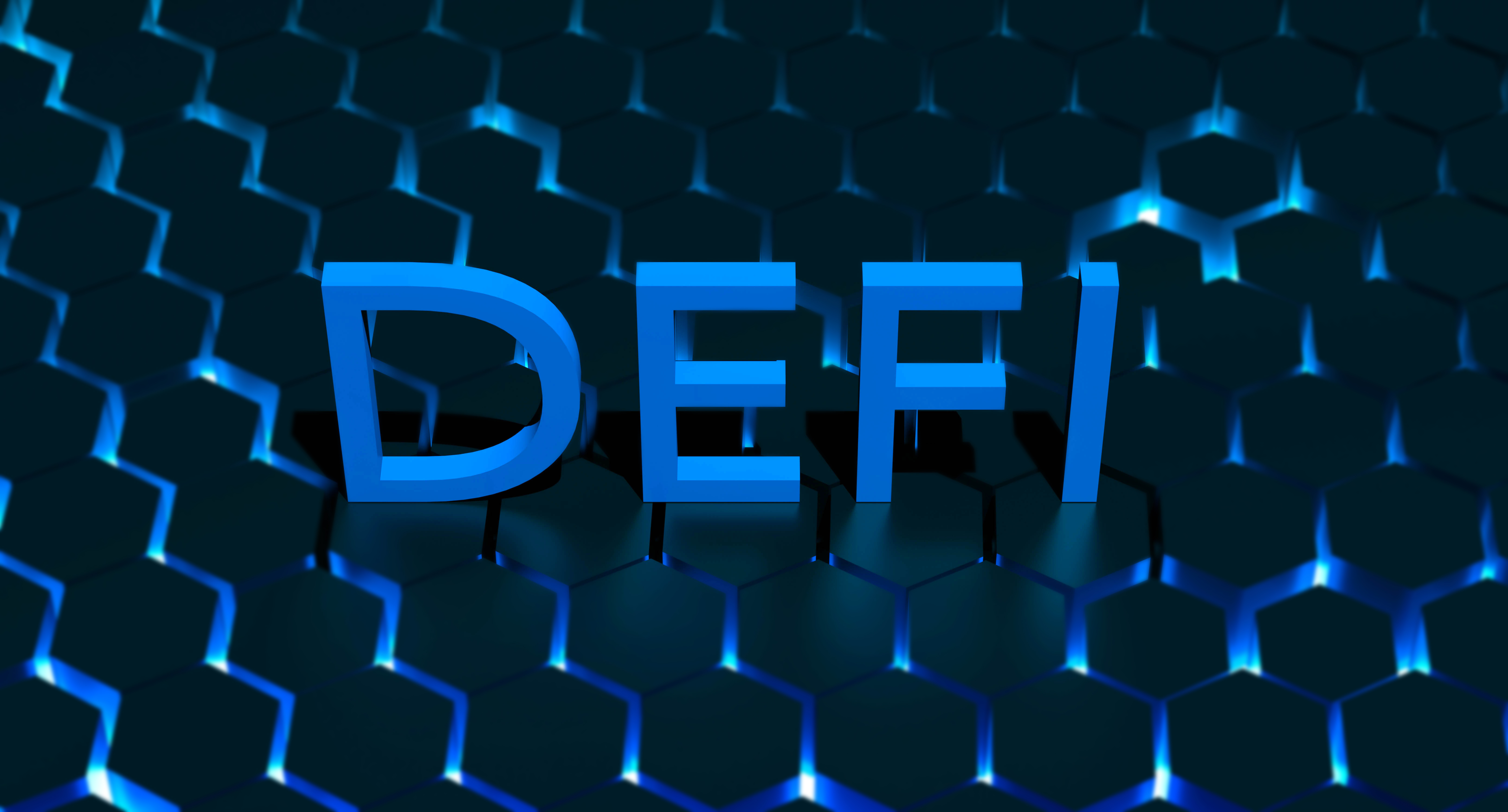Disclaimer: The Industry Talk section features insights by crypto industry players and is not a part of the editorial content of Cryptonews.com.

Decentralized finance remains one of the most thriving industry verticals in cryptocurrency and blockchain. To achieve the next level of adoption, there need to be more robust solutions and better infrastructure. The following projects explore opportunities through various approaches, enhancing the overall DeFi appeal.
Splinterlands (Hive)
Most people are familiar with Splinterlands as one of the leading blockchain play-to-earn gaming titles. The project has certainly proven very successful on that front, although the Splinterlands ecosystem is about much more. For example, its recent Validator Node presale attracted so much attention it sold out within 11 minutes. Validator Node operators are rewarded in SPS governance tokens. Additionally, the license sale resulted in nearly 14.5 million SPS being burned and 3.6 million SPS being added to the Splinterlands DAO.
The introduction of these nodes enables Splinterlands users to tap into a secondary revenue stream. They can still earn tokens from playing the game, but they can make money by supporting the Hive blockchain too. It is always good to give users more options and find the approach they prefer. In addition, these licenses are NFTs that users can freely buy, trade, and sell on secondary markets.
Orca (Solana)
One cannot have decentralized finance without access to decentralized exchanges. A DEX offers liquidity pools where users can contribute funds and earn fees from overall trading activity. Orca, the most popular DEX built on the Solana network, makes it easy to exchange cryptocurrency at minimal fees and very low latency. Furthermore, the team focuses on being user-friendly, catering to the needs of novice and experienced enthusiasts.
An extra DeFi-oriented benefit of Orca is how it provides WHirlpools. A Whirlpool enables higher capital efficiency by concentrating liquidity in a specific price range, similar to what Uniswap V3 does for Ethereum. As a result, users can earn higher APRs and tap into extra rewards in the native ORACE token and other assets. Additionally, the platform rewards collectibles for participating in the ecosystem, which is a nice bonus.
GoodDollar (Ethereum/Fuse)
There are many finance-related opportunities in the decentralized finance space these days. However, GoodDollar, as a non-profit protocol, wants to focus on the educational part associated with cryptocurrency and blockchain. Anyone with a cellphone can experience, learn, and use digital currency through this initiative, establishing a more inclusive economy. It essentially puts digital money in the hands of people to offer a Universal Basic Income.
Making that income sustainable is a different matter. Through GoodDollar and the issuance of reserve-backed cryptocurrency (G$), the overall supply is kept under control. Furthermore, the G$ price depends on the reserve ratio policy. Users can also stake part of their portfolio into the GoodDollar Trust Funds, aggregating yield generated from third-party DeFi protocols.
SubQuery (Chain-agnostic)
Decentralized data aggregating, indexing, and querying between different blockchains and decentralized applications is a crucial aspect of DeFi. SubQuery aims to introduce that solution for projects on, Substrate (Polkadot and Kusama), Avalanche, Cosmos, and Terra Luna. The team eyes an expansion to additional networks, strengthening its position as a chain-agnostic DeFi tool.
Making DeFi more efficient requires improving query speeds for on-chain data. Waiting hours or days to perform a simple query is not the most appealing option, yet SubQuery can save developers time and money. Moreover, builders don’t have to index the blockchain themselves, enhancing the overall experience for developers and users alike.
Growing Industry Appeal Requires Regulation
One may think decentralized finance applications would be immune from regulation, but that is not the case. Nor should they be exempt either, as there have been far too many security incidents, rug pulls, thefts, hacks, and other issues in this industry since its inception. Regulation can introduce much-needed stability and clarity while protecting users to a certain degree.
Not every protocol will be regulated [the same way], but it remains beneficial to explore a compliant approach. DeFi builders now have it easier than ever on that front, thanks to Phree. The DeFi project wants to streamline industry growth through regulation, security, and accountability. By working with Phree, DeFi builders can focus n compliant solutions, and TradFi organizations can begin their DeFi journey unabated. Such an approach can elevate decentralized finance to a USD 200 trillion liquidity pool.
More importantly, Phree’s approach does not compromise decentralization. The team wants to build solutions as decentralized as possible but compliant where necessary. That includes KYC/AML measures, transaction screening, capital buffers, treasury management, injecting a regulated Swiss Franch stablecoin for B2B, and data protection. In addition, the project has the support of the Web3 Foundation, PwC Switzerland, Mastercard APAC, and other entities to make this vision a reality as early as 2023.


